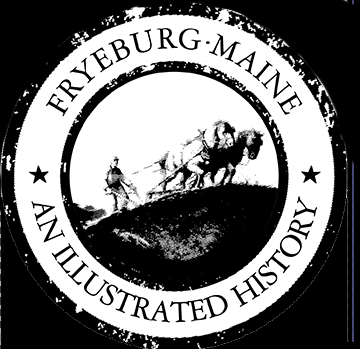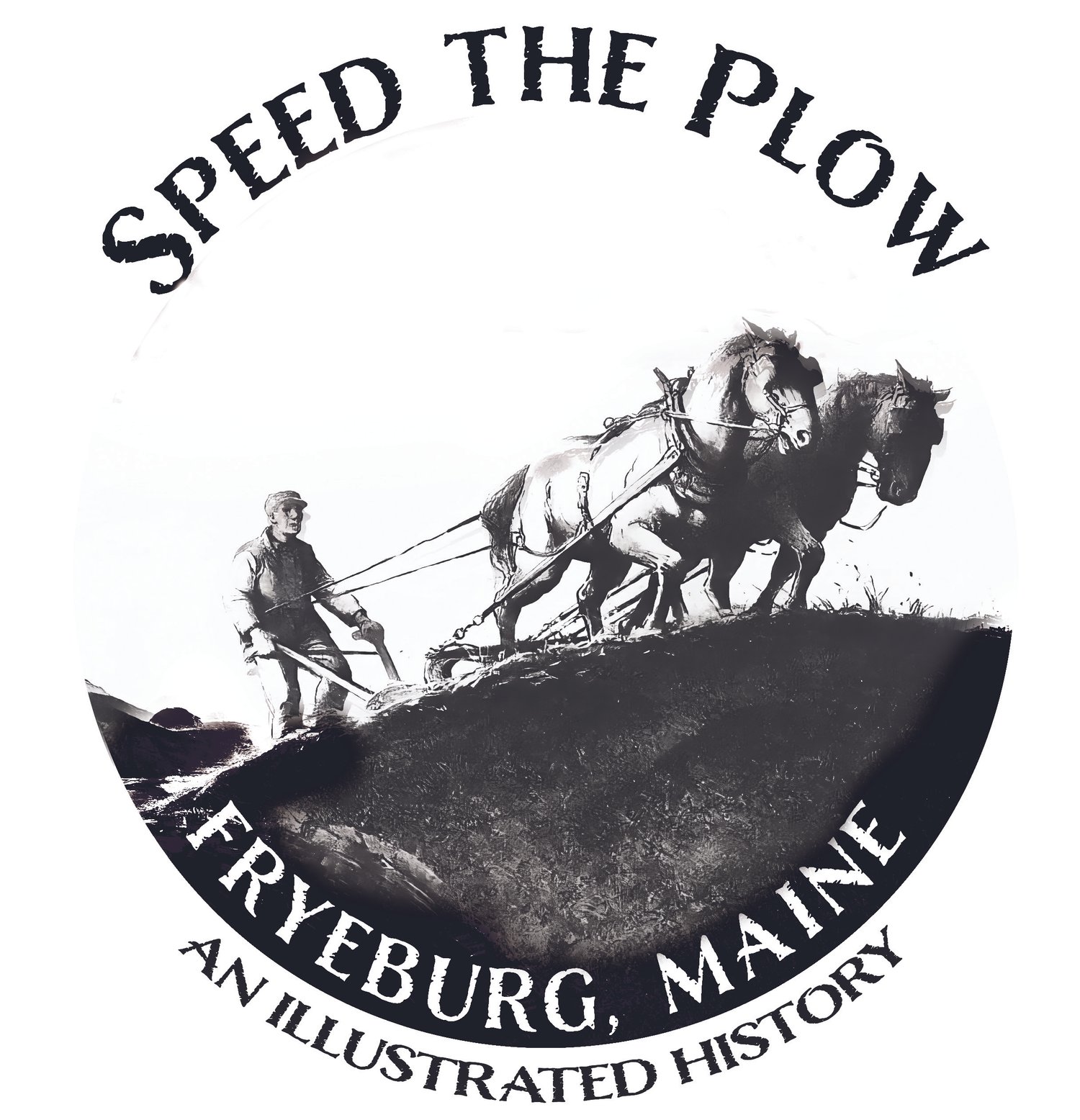Travels Inside the Archive -2009 by Robert Gibbons
Review by Jim Feast
"Unacknowledged legislators." That's what Keats called poets, and down through the ages, many have nodded their heads in assent. But then what does one make of U.S. poet laureates reading at presidential inaugurations and other poet-luminaries holding prestigious chairs at universities? I have nothing negative to say about such celebrated authors, except that they don't fit Keats' definition. They have influence; they sit on committees; they decide who gets grants.
'Other Reviews This Month:
Natural Light'by Norma Cole ''Making the Grades: My Misadventures in the Standardized Testing Industry'by Todd Farley''
But there are poets, less treasured by the general public and media, who on all measures of writing skill equal the famed, and some of this group, such as Robert Gibbons, who in their verse present a picture of the world so robust and astonishing that one imagines their writing may ripple, unacknowledged as it is, through all the realms of culture.
In his new book, Travels Inside the Archive, which is a daily log of prose poems, covering from November 2007 to November 2008, he writes a lot about the homeless. To their credit, so do the acknowledged poets, but can they give such a wrenching description as Gibbons does?
I will provide that description in a minute, but first let me say something about the poet's life. Although he is generally reticent about such details, one can piece together this much. He is about 60 years old, and over his life has worked many jobs, from librarian to factory hand. When he starts the log, he is employed as a doorman (or perhaps receptionist) at a ritzy high rise till he complains about the toxic substances at the site. He writes, "I couldn't handle the chemicals all round: asphalt, insecticides, cleaners, carbon monoxide, cologne, smoke. I told them I was ill; the powers that be said go to hell." To put that more colloquially, they said, "Hit the bricks."
So, one day, after losing his gig, Gibbons watches through the relentless rain as a homeless guy digs through a dumpster for deposit bottles. Gibbons says, "He worked hard. He worked at least as hard as I did in the meat factory in Lynn or the fish factory in Gloucester." The author gets out of his car.
I scrounged up five ones, followed him across the lot, & in the middle of the bordering side street rolled down the passenger-side window a bit, beeped, with the bills wavering in the rainy wind, probably looking to him like the five green fingers of God.
I realize I'm distorting the scene a bit by not quoting the full passage. If you read that you'd see there is no bravado here, no self congratulations. Nonetheless, Gibbons can barely spare the money and it is this very fact that means he can empathize with the homeless guy in a way the acknowledged never could.
But put that aside, throw that aside. For if you could read the whole passage, what you would be most aware of is the cagey magnificence of the language.
In this scene he is driving a car, but usually he is on foot. Many times, he describes walking along the cold, windy, rainy streets of Portland, Maine, after being turned down at yet another job interview, when he is struck by an interesting thought and stops to jot down some words for the log. In his poetry he has one supreme subject: the pleasures of living.
Even though he is in straitened circumstances, this is where his poetry sings its deepest, depicting joy. I've already written, in reviewing other of his books, including Beyond Time for Evergreen, of the way Gibbons effortlessly weaves into his meditations his massive knowledge of poetry, art and philosophy. Here, though such weaving occasionally surfaces, he is more concerned with things he sees on Portland's streets and waters. Not only is he keeping a daily log, but engaging in something like a Zen exercise to constantly open himself to flashes of the flesh of experience. He describes the pleasure of unexpected encounters on his walks, which involves "the surprise of matching what's encountered with what's seen through the lens of imagination. A concentration of intensity of the grand, vibrant earth surging forth into one's eternal being striking the just as vibrant internal chord of felt piano hammer against strung unconscious wire of Time, of Place, of Memory."
So what joys does he uncover, both on his walks and in his study? I'm tempted to label them "simple" pleasures; except each is registered so delicately and with such a complex effervescence that it belies that label.
One is music. He says this after listening to Coleman Hawkins playing on the album Bean at the Met. "I'm settlin' in with an old friend and mentor. When you meet a man who tells the Truth at the height of Love & Art, you don't let go, savor, put up with faults, they're there & even they ring true."
Another joy is carried by the ships he sees in port. For instance, he describes how "as I pick my head back up the brilliant Torm Mary eases into port escorted by the tug Vicki M McAllister almost within reach of my writing hand." Add to that, the joys of weather and of plant life spied in empty lots and backyards. He notes, "Another wild weed I haven't seen in ages, Olson's Tansy [the poet Charles Olson's favorite flower] rose up, before me with yellow buttons uttering shibboleths & passwords as I passed by." Not to be forgotten from the list: fine food, especially the catches of Maine's fisher folk, and fine wines, which he apotheosizes, speaking of "the Feminine of Wine, the Crotch of the Wine."
All of these are easily recognized joys, but he also finds pleasure in such unappreciated things as the grace and poise of workers doing their jobs. Here he depicts a woman sorting fish. She
Proceed to sort [cod] cheeks from tongues one-handed. That's the kind of ethereal spirit running elusively through the process of this piece ... Palm center. Extraordinary extension of geometrical fingers working weft, warp & weave of complex task.
Then there's another overlooked pleasure, one he has focused on in all his books. It's contained in the fact that he sees every day as made up of two joined parts: its events and those of the previous night's dream. He is able to create a new layer of feelings and sensations by playing on how the halves are combined. For instance, on June 15, he speaks to his wife. "I broke into my empty bag of clichés, saying she defies both Time and Gravity." Perhaps there is some banality here, but how much deeper his statement appears in context. He was fumbling for language that would cover both how she looks getting up and dressed, and how she looked in the moment immediately before when he was asleep and seeing her "in the metallic vortex in the dream."
A more conventional pleasure, though raised by Gibbons to a fevered height of sensitivity, is his love for his companion, Kathleen. They live on a shared wavelength, as this passage makes clear. "the two of us, real strangers to each other ... [agreed] to live in the moment, taking that freedom, both agreeing, again, it must be taken, & that in living this way we must be reminded to do so."
All these notations of small-scale daily pleasures are enclosed in a complex, slightly off-to-the-side awareness of and judgment upon the political drift of the times, as the Iraq war rolls on under Bush II, and we are all "hunkered down in the dark bunker of the free world." One can only hope that such a generous, compassionate sensibility as his would lift itself into the purview of the real legislators of this world and touch.
Make it stand out
It all begins with an idea. Maybe you want to launch a business.
Build it
Maybe you want to turn a hobby into something more. Or maybe you have a creative project to share with the world.



